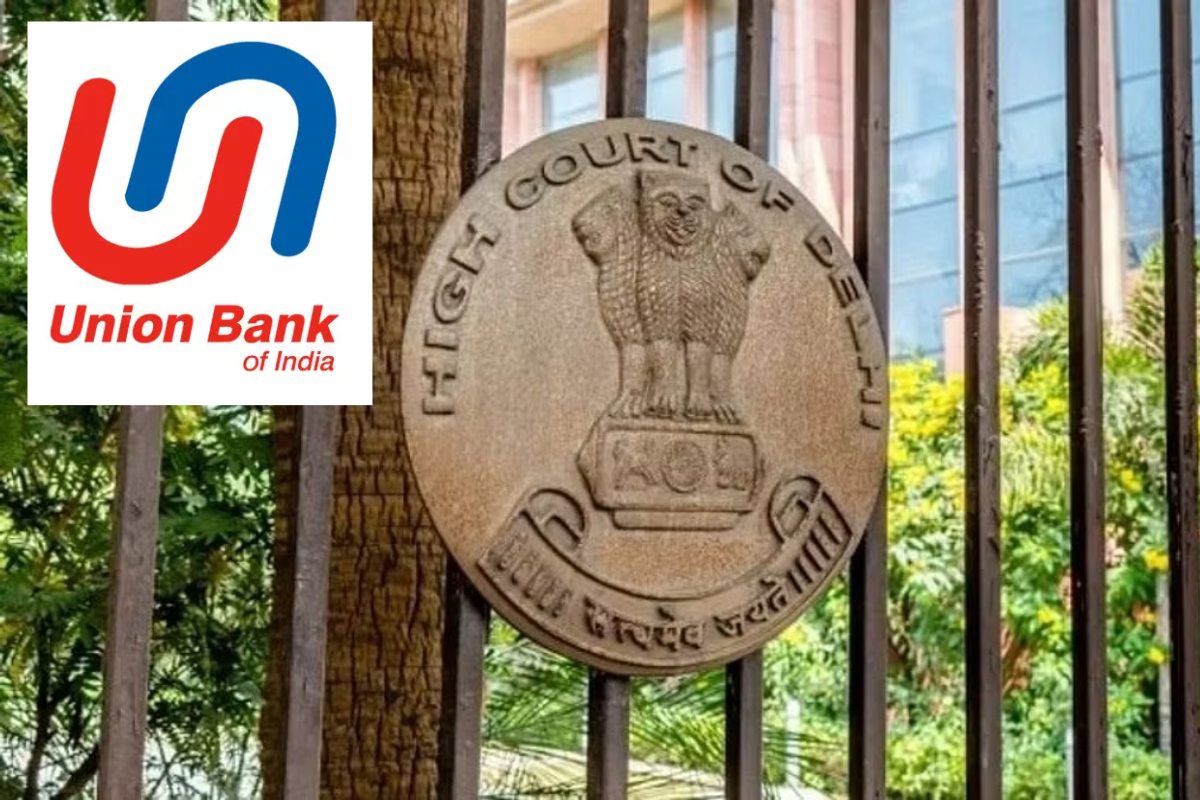NEW DELHI: The Delhi High Court on Thursday, Aug 22, issued a notice in response to a public interest litigation (PIL) challenging the appointment of Pankaj Dwivedi as the Executive Director of Union Bank of India due to pending sexual harassment allegations.
Dwivedi, who was appointed to the position on March 27 for a three-year tenure, is facing serious accusations from a woman who has also moved a plea against him.
A division bench comprising Acting Chief Justice Manmohan and Justice Tushar Rao Gedela issued the notice following a hearing in which Advocate Prashant Bhushan, representing the petitioner, argued that Dwivedi’s appointment contravened established rules. Bhushan emphasized that the appointment lacked the requisite vigilance clearance, violating the regulations governing public sector undertakings like banks.
ALSO READ: Kolkata rape case: 297 eminent citizens condemn flawed investigation
The petitioner’s counsel highlighted that a chargesheet had already been filed against Dwivedi in connection with the sexual harassment allegations. During the proceedings, the bench questioned the legality of Dwivedi’s appointment without prior vigilance clearance and expressed concern over the Central Government’s decision to proceed with his appointment under such circumstances.
The court orally remarked that the appointment should not have been made without securing clearance and demanded an explanation from the Central Government’s counsel. Before his current role at Union Bank of India, Dwivedi served as General Manager at Punjab & Sind Bank.
The case traces back to 2018, when the petitioner, a female employee, accused Dwivedi of sexual harassment while working at Punjab & Sind Bank. In 2020, the Supreme Court intervened in a related matter, quashing the petitioner’s transfer after she reported alleged irregularities and corruption involving Dwivedi. The Apex Court ordered her reinstatement as a Scale IV officer for a year and imposed a penalty of Rs. 50,000 on the bank in favour of the petitioner.
The Delhi High Court has now sought a response from all involved parties, with the matter set for further hearing.

